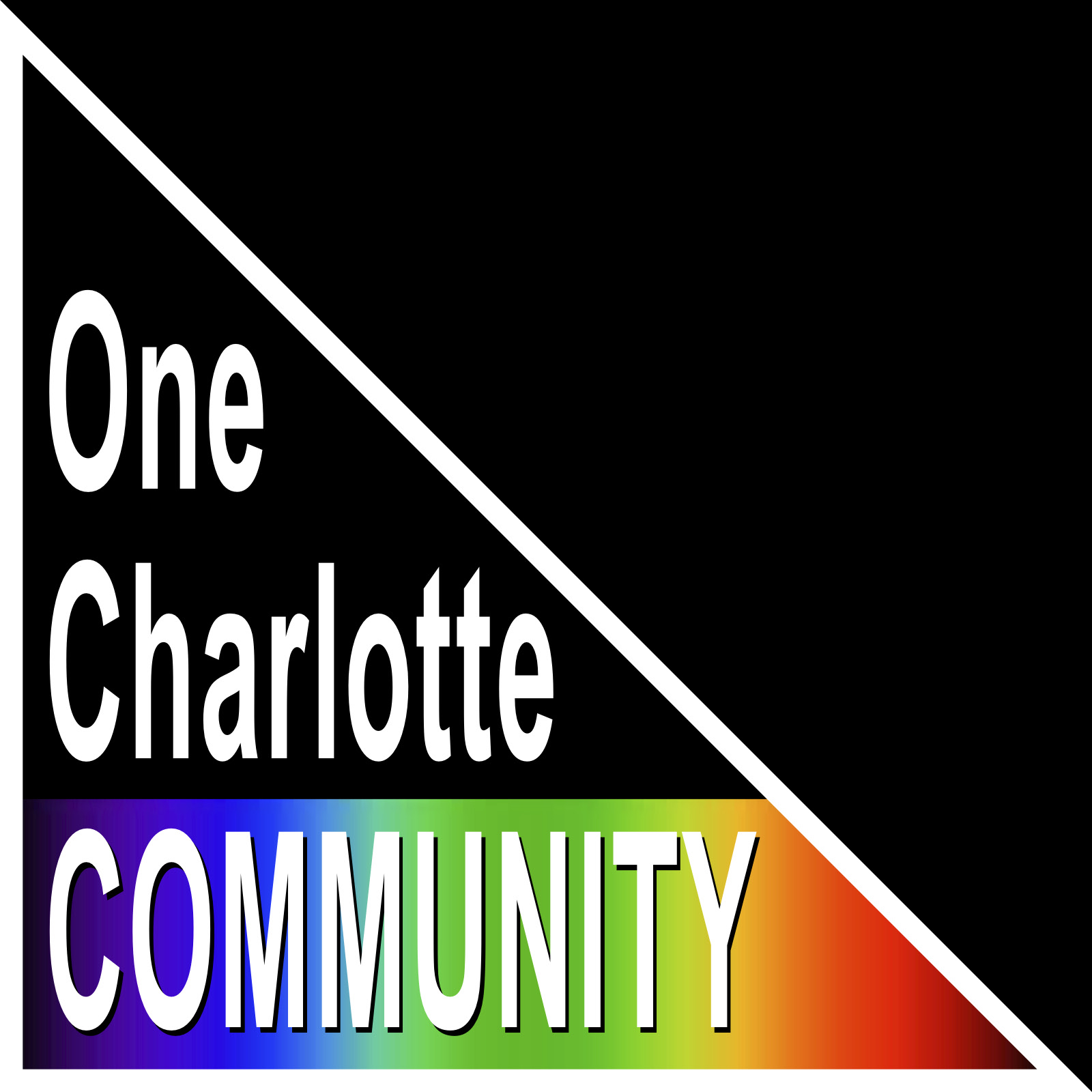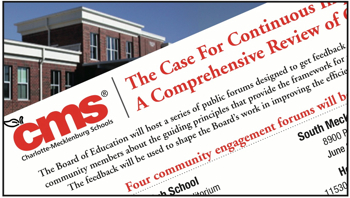June 23, 2010
What does it take to move an issue to the front burner of public opinion?
How does an issue that’s been ignored for years suddenly “demand” the kind of attention that will create solutions?
If the underage child of a prominent family dies in an alcohol-induced traffic wreck, say, a community might solve the problem of teens’ access to alcohol.
Or suppose it’s wintertime and a lot of homeless people die of carbon monoxide poisoning when one tries to keep them all warm by lighting charcoal inside an abandoned building?
One of our correspondents studies such questions, and looks for ways that communities take on big issues and solve them.
In most success stories, a large event or series of small events lead an issue to cross over a “threshold of unacceptability” in the public’s mind. The community acknowledges that it has a problem.
Members of the community get into the details enough to identify what the desired outcome is. They draw up a strategic plan. They agree how they’ll report on progress. Facilitators already in the community help participants set aside the name-calling and the blame games and get to work.
“People are energized and citizens find a role to play – not just those who have an affected family member,” our correspondent writes. Change “requires a coming together and commitments to changes – in thinking, how business is done, who makes decisions, how reporting is carried out and improvements are made.”
Those are the success stories. What about Charlotte-Mecklenburg?
“It seems the community has no trouble challenging the school board but finds it difficult to work as a whole in support of the school board…. It seems a rationale for a different kind of broad direct community involvement and an agenda to go with it would be a culture shift.”
The second-last culture shift over Charlotte-Mecklenburg schools was sparked 40 years ago by U.S. District Judge James McMillan. He ordered the school board to end de jure segregation even if it took cross-town busing to create desegregated schools. The culture shift occurred when community leaders set aside their attacks on the court, acknowledged the new legal reality and set out to make it work for all children in this community.
The last culture shift was the 2002 slide into de facto segregation by race and socioeconomic background. A majority of today’s school board sees nothing wrong with the resegregation of schools that began in 2002. They think their primary job is to get a good teacher in every classroom. And that IS an important part of their job.
But some of the speakers at Tuesday’s school board forum about the ongoing “comprehensive review” of CMS policies and goals supported “diversity.” That is, they expected schools to mirror the makeup of the county and to prepare students for the diverse world that today’s students should be prepared to excel in. Evidence suggests that concentrating high-needs children creates schools where quality teachers don’t want to work.
Is concentration of high-needs students keeping down overall test scores? Does it lead to dropouts? Does it cost the community millions of dollars in higher incarceration costs? Is it inequitable to the students assigned to those schools? Does it violate the N.C. Constitution’s demand that every child have access to a sound basic education?
The current comprehensive review of CMS policies will not likely address any of those questions. Perhaps the next “culture change” will. Charlotte-Mecklenburg will not do right by the educational needs of all its children until resegregation crosses “the threshold of unacceptability.”
– Steve Johnston


